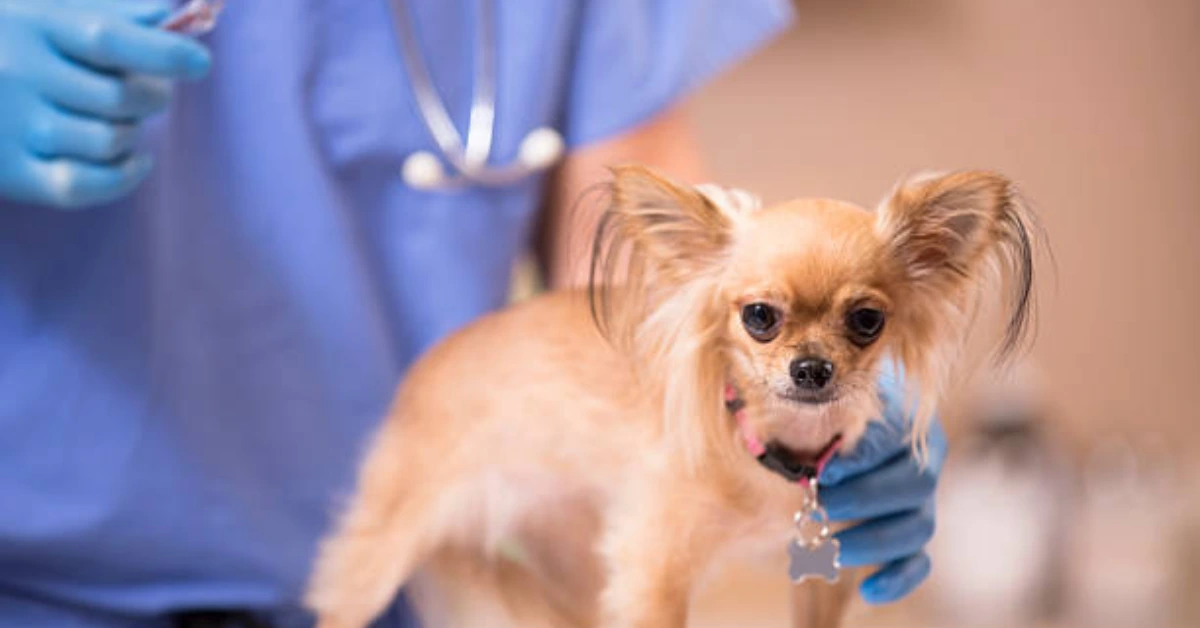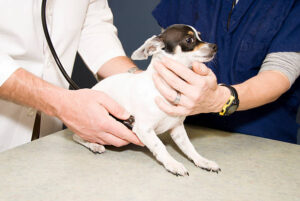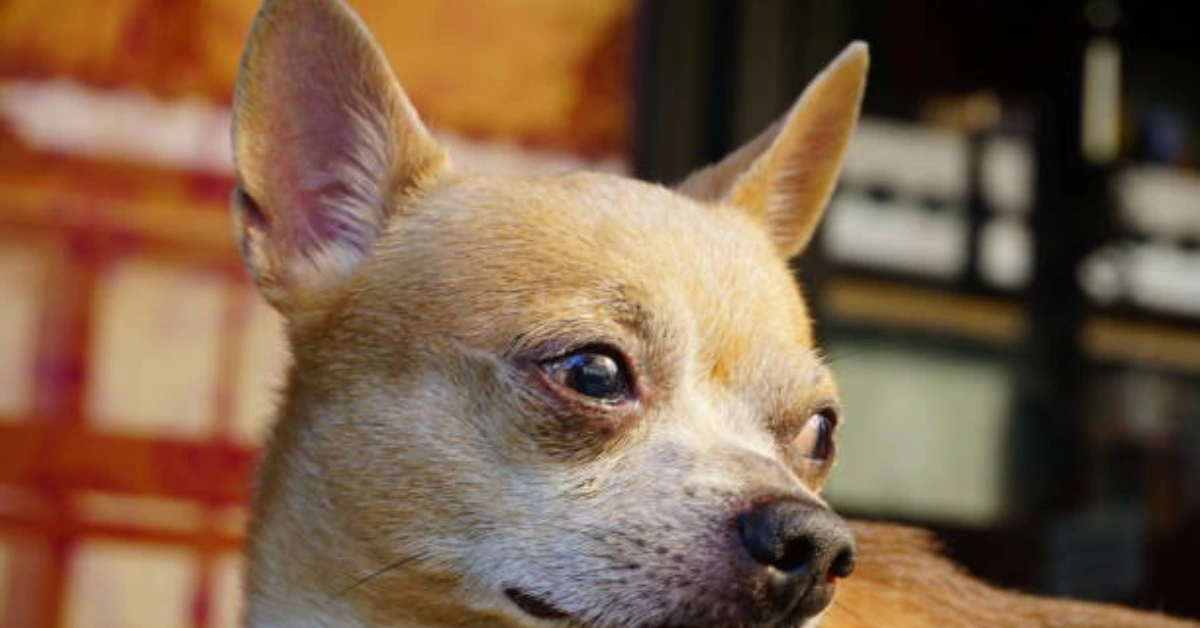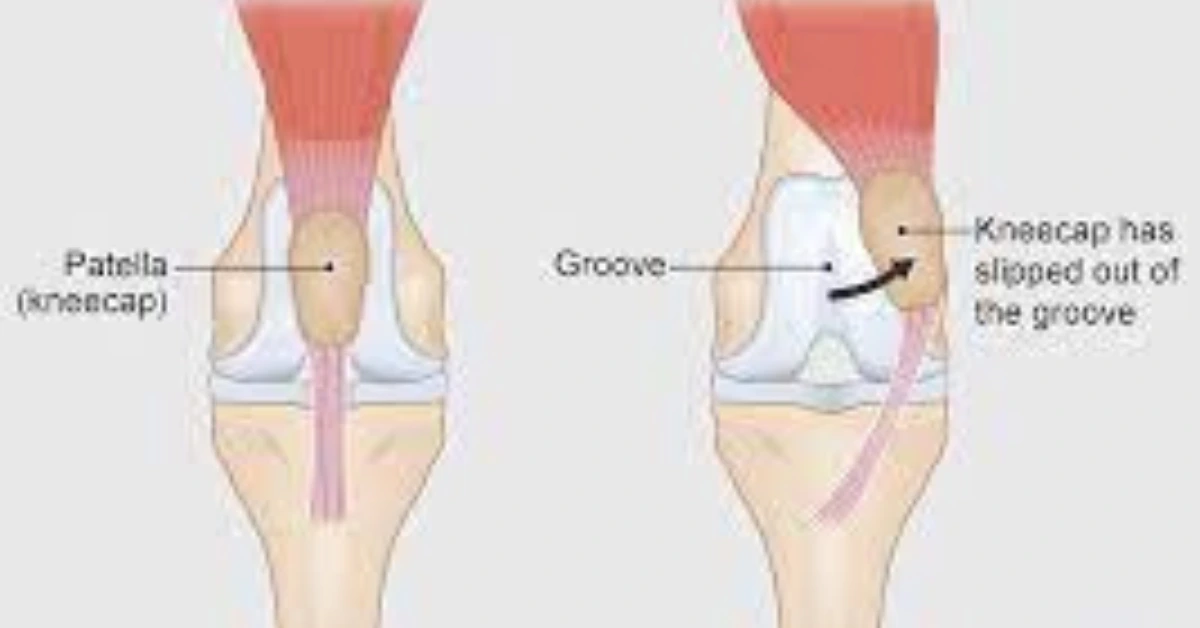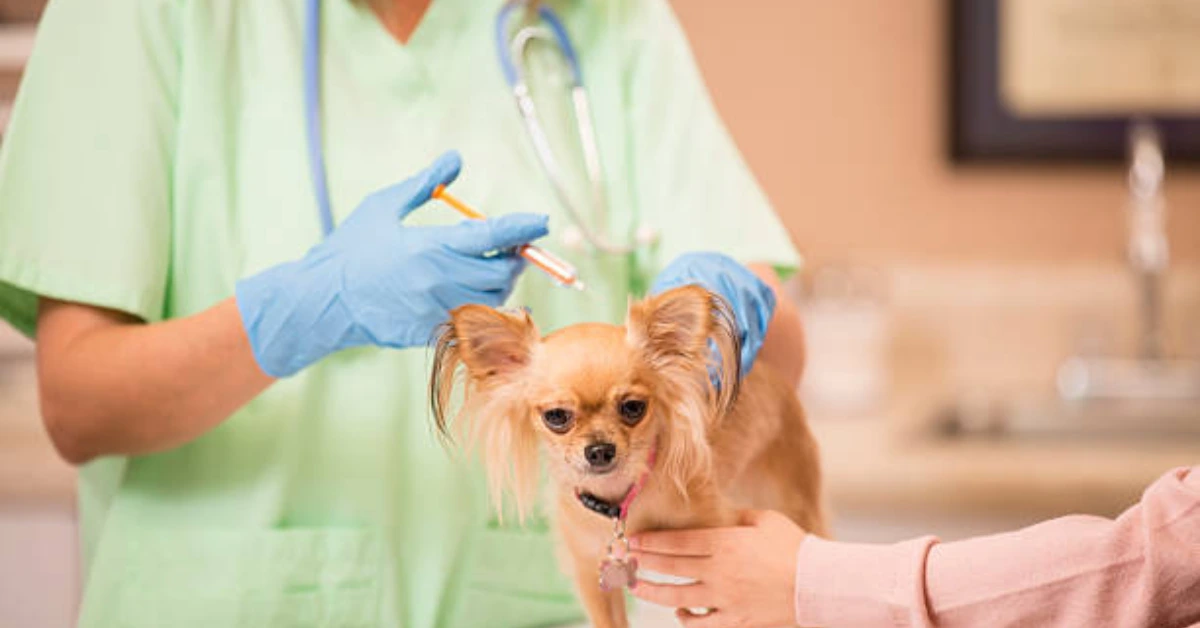Cancer is regrettably one of the most prevalent health issues that older chihuahuas encounter. Along with other issues including arthritis and cognitive loss. Over half of all dogs over the age of 10 will develop cancer, despite the fact that one in four canines will do so at some time in their lives. The Veterinary Cancer Society reports that it is the main reason why older dogs pass away.
As a result, it’s critical to pay close attention to your senior chihuahua’s health and behavior. Keep an eye out for signs and make sure your pet has regular veterinary treatment so you can help them as soon as possible before the sickness spreads. There is hope that your chihuahua can beat the illness with treatment options comparable to those for humans.
The top 5 canine malignancies, according to Cancer Vet Centers, are as follows:
Advertisement
- Osteosarcoma is another name for bone cancer.
- Hemangiosarcoma
- Lymphoma
- Melanoma Mast Cell Tumors
They can develop other types of cancer, of course, but those are the most typical.
As with any dog, chihuahuas may exhibit similar cancer-related warning signals, which can also be precursors to a variety of other health issues.
If your pet has cancer, only your veterinarian can say for sure. By all means, consult your veterinarian if you notice one of the following symptoms. Your peace of mind would greatly increase if you knew that it might only be a small issue.
Cancer Symptoms in Chihuahuas
Watch out for the following symptoms, especially in chihuahuas older than 10 years old:
- Skin tumors or lumps – Many of these in chihuahuas are benign, particularly things like sebaceous adenomas or lipomas. Regrettably, some masses—like mast cell tumors or sarcomas—can be cancerous. They typically start out small and grow over time under the skin. Your veterinarian should assess and sample any new lump or bump.
- Sores – particularly those that bleed or discharge and don’t heal properly
- Swollen lymph nodes – Lymphoma that resembles cancer may be indicated by them. Swollen lymph nodes can also be a symptom of other infections or immune-mediated illnesses.
- Unexpected weight loss (or gain) – particularly if there is an enlarged abdomen. They might indicate internal masses.
- Pale gums – could indicate anemia or internal bleeding from a burst mass.
- Bruises may indicate the presence of bleeding masses beneath the skin.
- Seemingly having trouble swallowing or eating. Be sure there are no signs of oral tumors in your chihuahua’s mouth, such as melanoma or soft tissue sarcoma.
- Lack of energy, lethargy, and/or appetite loss
- Strange odors (although remember, chihuahuas are prone to bad breath and dental issues)
- Signs that the dog is uneasy in particular bodily positions
- Gastrointestinal signs such as vomiting and diarrhea
- Modifications to bowel habits
- Primary lung tumors and other cancers that can migrate to other parts of the body might generate respiratory issues.
- Weird actions
Diagnosing Cancer in Chihuahuas
You should consult your veterinarian for advice if you have any concerns regarding your Chihuahua. Chihuahuas should visit their veterinarian for a basic physical examination and screening bloodwork once a year, even if you aren’t worried about your tiny chi.
Your veterinarian might suggest some of the following exams if they are worried about cancer:
- Blood tests- The vet may use this test to assess the levels of red and white blood cells as well as organ function. Some malignancies can impact The function of the liver or kidneys. Some malignancies result in blood loss or extremely high white blood cell counts.
- Urinalysis: Certain bladder or kidney malignancies can affect the production level and state of urine. Urine can occasionally include malignant cells. Urine tests are another option to specifically check for conditions like prostate or bladder cancer.
- X-rays- Your vet may perform them to examine for masses in the abdomen or to rule out metastatic disease in the lungs.
- If your veterinarian detects a mass in the belly, they might advise an abdominal ultrasound. This is an extremely sensitive test to look for cancers and find the potential source of the tumor.
How To Determine What Type Of Cancer Your Chihuahua Has?
To diagnose malignancy, an aspirate or biopsy is frequently necessary. An aspirate is when a veterinarian uses a tiny needle to prick a tumor or certain lymph nodes. This will offer pathologists a sample of cells that they can examine on a microscope slide.
In order to diagnose some cancers, aspirating is not an option. If so, your veterinarian might advise doing a surgical biopsy to remove the lump and send everything for a pathology evaluation.
When treating benign disorders, experts frequently remove the entire mass. Aspirations may be carried out initially to assist with surgical planning to remove the tumor. For some cancers, such as mast cell tumors, a significant quantity of the surrounding tissue must be excised in order to achieve clean surgical margins.
Chihuahua Cancer Treatments
Similar to how we treat cancer in people, there are three main treatment options for canine cancer: surgery, radiation therapy, and chemotherapy. Depending on your dog’s diagnosis, including the type or stage of cancer, your veterinarian or veterinary oncologist may recommend a different course of treatment.
- Even while surgery’s main goal is to eliminate tumors, it’s not always the best course of action for all cancers. Surgery may be more effective than other treatments at curing cancer, but if the tumor has microscopic fingers that surgery can’t reach, cancer is likely to come back. Vet Can require radiation or chemotherapy. Also, when vets remove the cancerous tissue, an examination will assist clarify issues like whether the tumor will return and whether it will spread, and consequently, what further actions are necessary.
- By damaging their DNA High-dose ionizing radiation is employed in radiation therapy to kill cancer cells. A tumor may be reduced in size or perhaps completely eliminated. This therapy can be applied alone or in conjunction with other therapies to treat cancers with fast-proliferating cells. It can aid in the reduction of a tumor prior to surgical removal or control the spread of cancer cells that are left over after surgery.
- Chemotherapy is the practice of using medications to either eradicate or retard the growth of cancer cells. Your chihuahua can take these medications orally or intravenously. Their source is frequently from natural sources like plants or microbes. Vets can perform Chemotherapy, like radiation before or following surgery, or as a stand-alone therapy.
And last, doctors can develop fresh therapies in the future. Immunotherapy, a more recent and still-evolving treatment, strengthens a dog’s own immune system to combat cancer. Immunotherapy may be most effective when used in conjunction with other therapies, much like more conventional treatments. And they are testing numerous cancer vaccines, including one for the bone cancer osteosarcoma.
What Is The Average Cost To Treat A Chihuahua With Cancer?
Depending on the type of cancer, this varies. Certain malignancies respond quite well to treatment, which can cost a few hundred dollars. Spending $15,000 or more is very uncommon when dealing with more difficult cancers that require multiple doctors.
Also, where you reside matters because certain locations are more expensive. Although many chemotherapy procedures can cost several thousand dollars, they are not your only choice. I advise scheduling a consultation [for a few hundred dollars] with a veterinary oncologist to discuss a treatment strategy.
Caring for a Chihuahua With Cancer
Cancer therapies can have a range of side effects. Your dog needs to recover from surgery and keep the wound clean. Radiation therapy side effects, which can include pain or discomfort at the treatment site, are often transient. However, compared to people, dogs’ side effects from chemotherapy are significantly more tolerable, with 70% of canines reporting little to no discomfort. The goal of all treatments is to make your chihuahua comfortable and as healthy as possible.
Supplemental therapy can aid in reducing adverse effects. Acupuncture, for instance, might aid with hunger control and pain management. To ensure that nothing conflicts with the primary course of treatment, be careful to speak with a veterinarian who is familiar with complementary therapies and disclose every supplement and complementary therapy you are using. Although cancer is distressing, you can be their best supporter. Your dog can fight the ailment and keep a great quality of life thanks to specific therapies.
Last Word
Even though the worst-case scenario can occasionally not be avoided, many times it is worthwhile to fight for our chihuahuas. We and the dogs win if we can extend their lives without noticeably lowering their quality.
YOU MAY ALSO LIKE:
Diabetes In Chihuahuas: Symptoms, Treatment, and Prevention
Vision Loss in Chihuahuas-Blindness, Symptoms, and How To Manage
Advertisement

